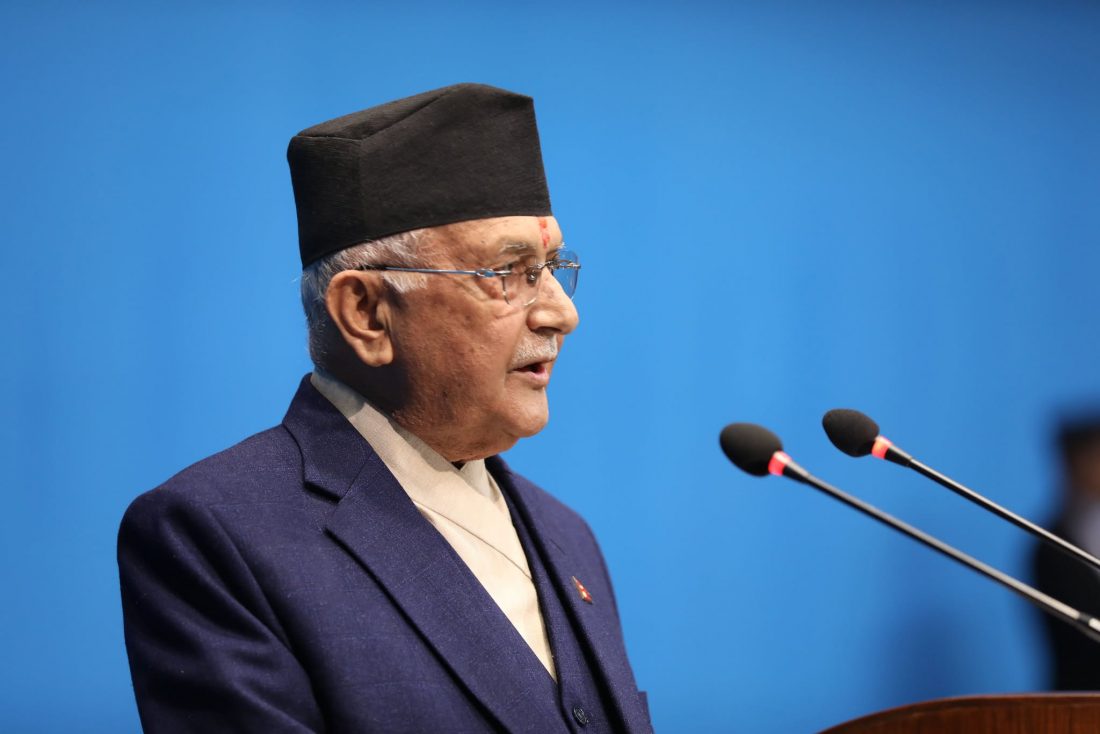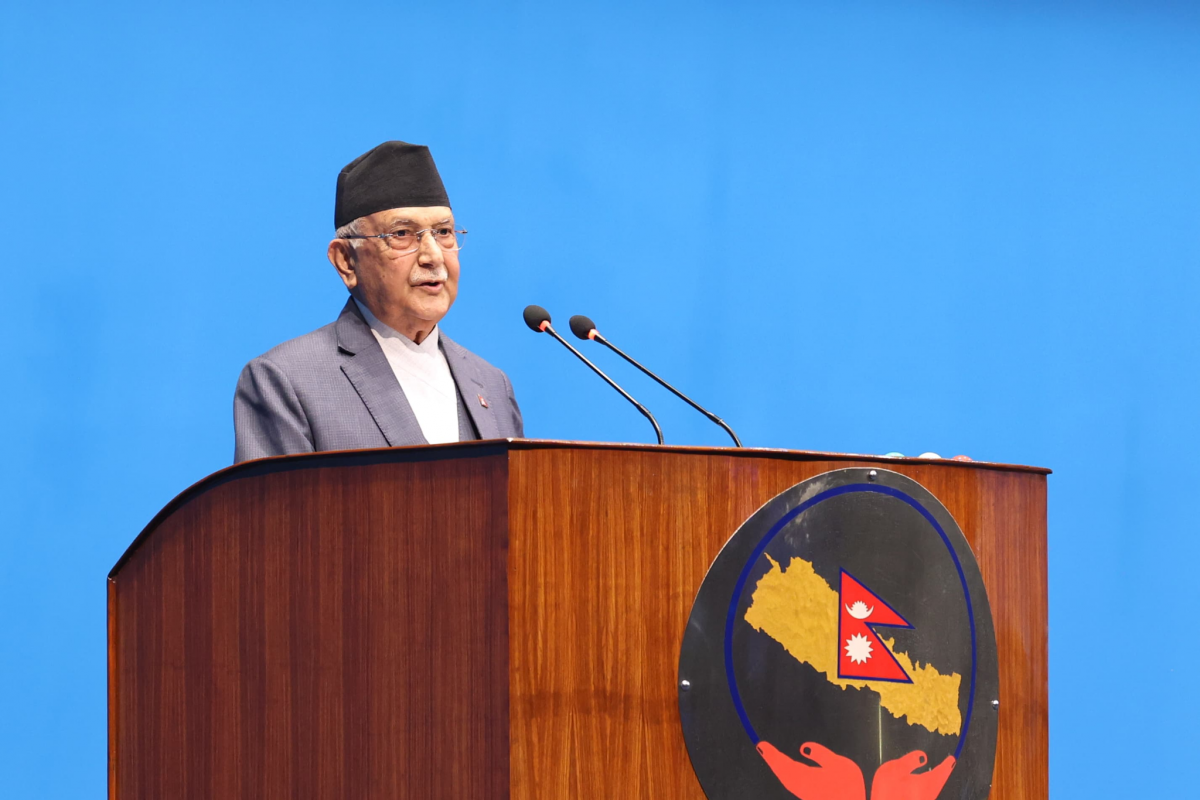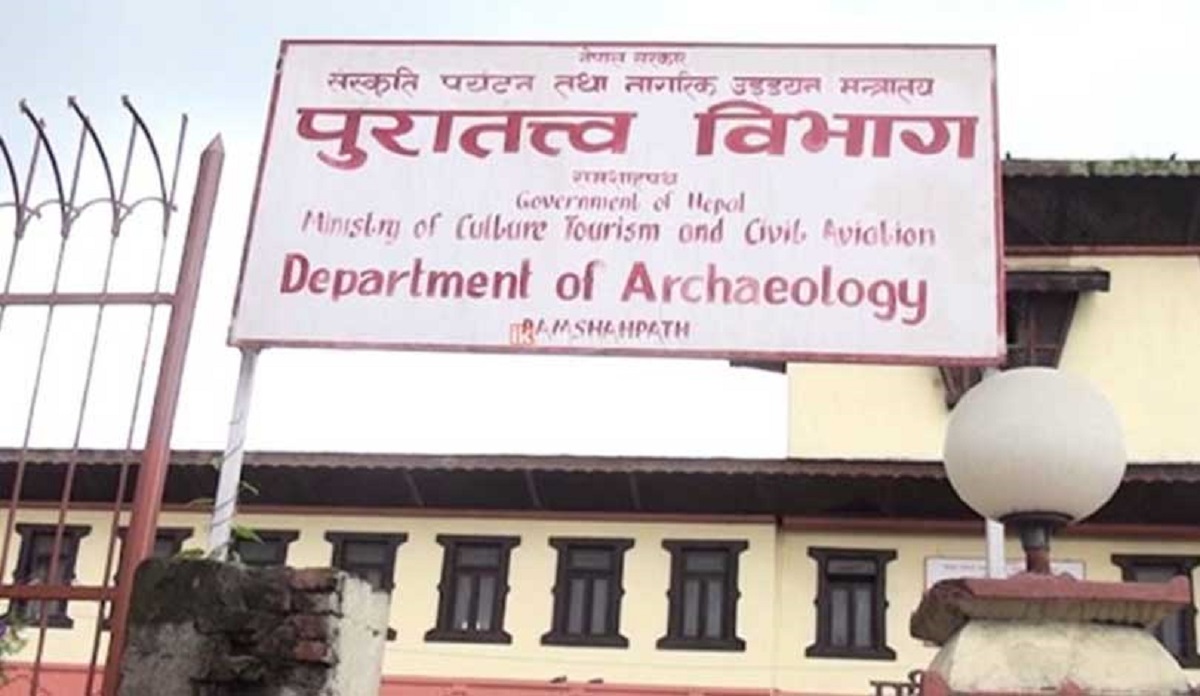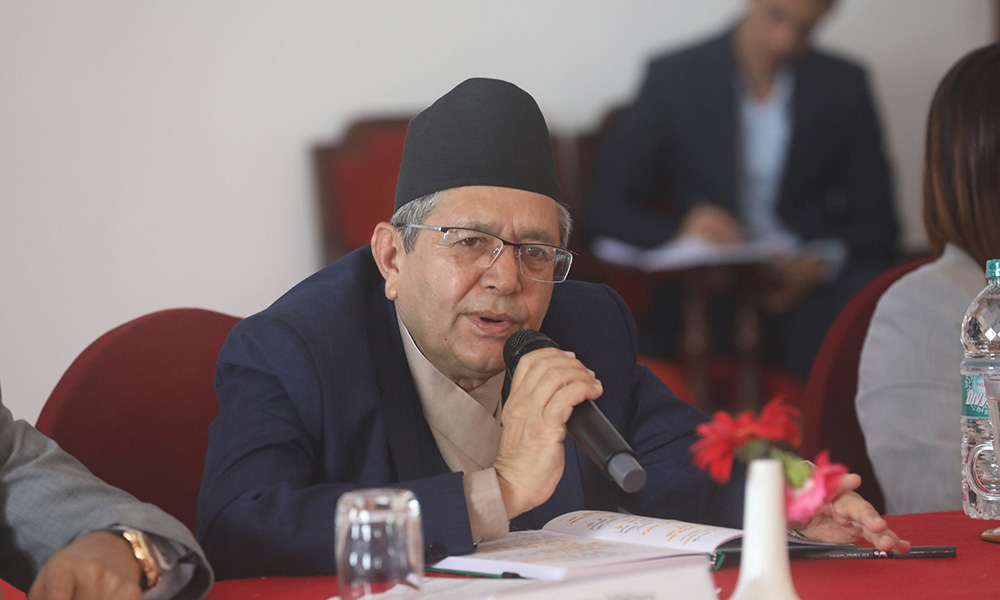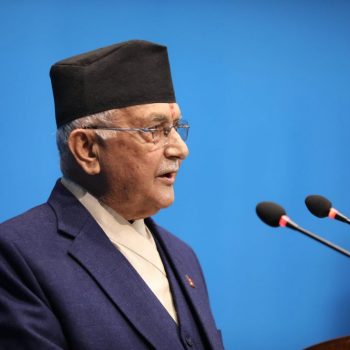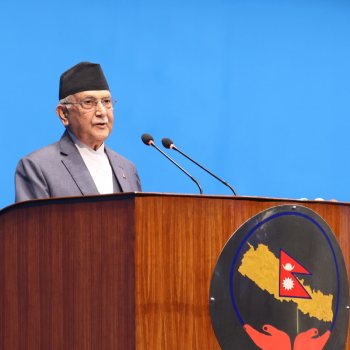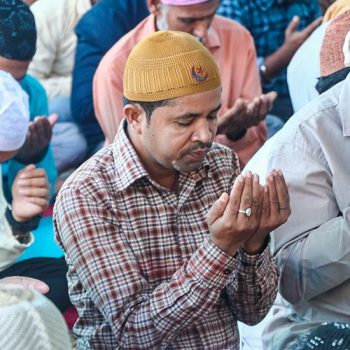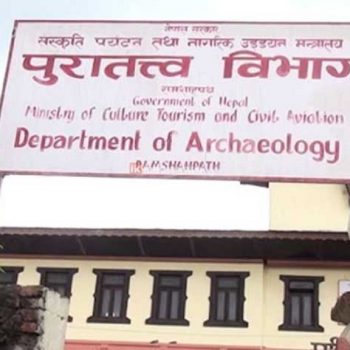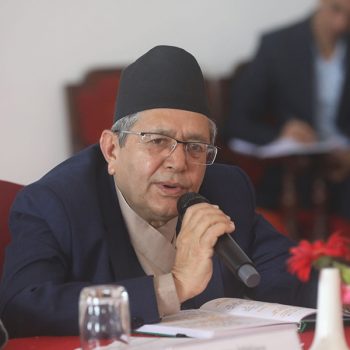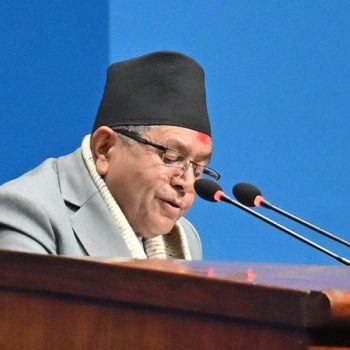Sheikh Mohammed’s dazzling Dubai story: Notes from Nepal
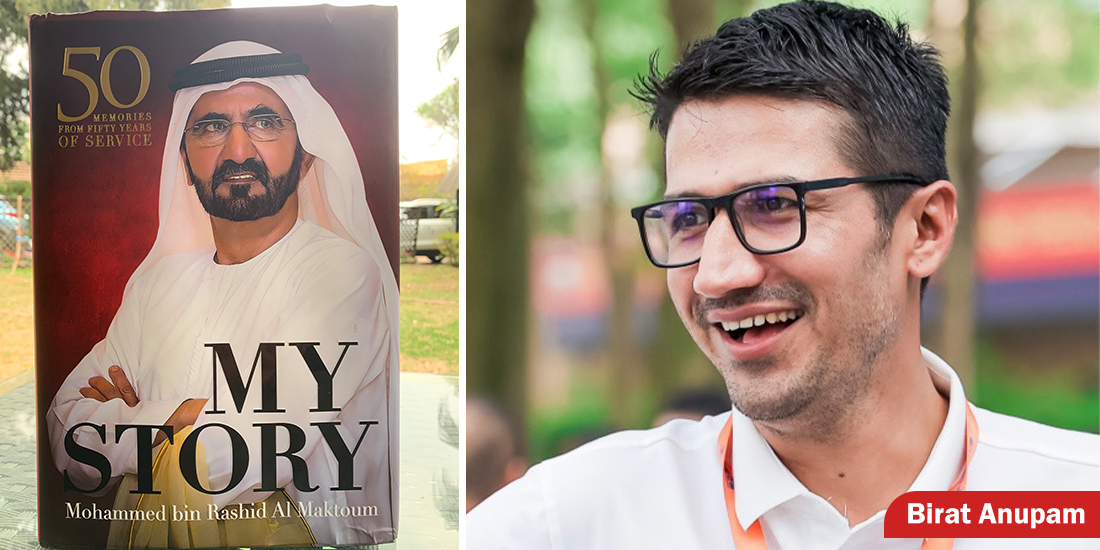
KATHMANDU: Recently, my fellow journalist friend Jagannath Dulal brought me Sheikh Mohammed’s book titled My Story from Dubai. He had visited Dubai as a tourist. Not long ago, friends would frequent Dubai only as transient workers, but now they are traveling there as tourists. I have witnessed the changing picture of Dubai even through my friends’ experiences. I’m not alone in this observation; almost everyone around the world has seen Dubai’s transformation in one way or another.
Sheikh Mohammed bin Rashid Al Maktoum is the most authentic narrator of Dubai’s dazzling story. In his autobiographical book, which contains “50 Memories from Fifty Years of Service,” Sheikh Mohammed provides a comprehensive overview of Dubai’s remarkable development. Here are some key examples:
- In 1902, when Iran increased taxes on its side of the Gulf, Dubai’s Sheikh Maktoum abolished all customs duties at Dubai’s ports and welcomed traders. Today, Dubai’s ports are among the most prominent global ports.
- Before the 1950s, there was only airport in Sharjah. Sheikh Mohammed’s father requested the British allow him to establish an airport in Dubai, but they refused, saying Sharjah’s airport was sufficient. The British finally agreed in 1959 to build a runway in Dubai. Today, Dubai’s airport is one of the busiest in the world.
- Until 1985, Dubai’s airport saw competing flights from Gulf Air and Pakistan International Airlines. On October 25, 1985, Emirates Airlines was founded, and Sheikh Mohammed launched the maiden flight from Dubai to Karachi. Now, Emirates Airline is one of the world’s leading and award-winning airlines.
- During GCC meetings in the early 1980s, Sheikh Mohammed proposed making Dubai a tourism magnet, to which senior ministers laughed. Today, Dubai attracts almost one-third of the tourists visiting the Arab world.
The book is filled with countless stories like these. Sheikh Mohammed attributes Dubai’s revolutionary makeover to openness, competitiveness, people-centric approaches, three-generational visionary leadership, unity, and a welcoming attitude.
This is not just the story of Dubai’s progress but also of its challenges, including natural and human tragedies. Sheikh Mohammed recounts the fires of 1939 and 1940, the smallpox epidemic of 1944, and the storms of 1961, among others. He also narrates the foundation of the United Arab Emirates and the behind-the-scenes story of Qatar’s and Bahrain’s eleventh-hour departure from the union at the behest of the British. This book also delves into the diplomatic history of the Arab world, including Sheikh Mohammed’s interactions with Syria’s Bashar al-Assad, Libya’s Muammar Gaddafi, and his five-hour-long dialogue with Iraq’s Saddam Hussein to prevent the imminent war with the USA. He criticizes Iraq’s invasion of Kuwait and Israel’s invasion of Lebanon in separate chapters.
His dealings with Japanese terrorist Osamu Maruoka of the Japanese Red Army in 1973 and the hijackers of Lufthansa Flight 181 in 1977 are thrilling. He shares exclusive details about quelling the coup in Sharjah just two months after unification, where its ruler Sheikh Saqr bin Sultan was murdered. He also describes his various formal roles, from Defense Minister of the UAE to Ruler of Dubai, Prime Minister of the UAE, and Vice-President of the UAE.
Sheikh Mohammed’s personal stories about his mother Latifa, father Rashid bin Saeed, grandfather Saeed bin Maktoum, brother Maktoum, and his beloved horse Dubai Millennium are poignant. He also praises the UAE’s founding President Sheikh Zayed. His educational journey at Cambridge beginning in 1966 and military training at Mons Officer Cadet School in 1968 are awe-inspiring. He narrates exciting stories, such as how in Dubai, it was a luxury to have clear water and electricity in the 1970s. The same place announced the Mars 2117 mission on December 6, 2017.
Sheikh Mohammed’s story gains extra value with his optimistic assertion, “Crisis will not stop us, obstacles will not slow us. Nor will we hesitate or be halted by doubt.” A poet at heart, royal by birth, and an inspiration by his works, Sheikh Mohammed’s initiatives like “Hope Makers” and the “Arab Reading Challenge” are great templates for the world to follow. He seems to be friendly not only with the public but also with the press. While suggesting “ten rules for leadership,” he states, “Some governments think that communicating with the media is a secondary issue, even a nuisance at times. I tell you, it is essential and necessary.”
As someone reading this book, I realized that Dubai used to be a source of remittance for countries like Nepal. Later on, it evolved into a luxury tourism destination. With this book, Dubai has added another attraction to its offerings: a source of reading inspiration.



